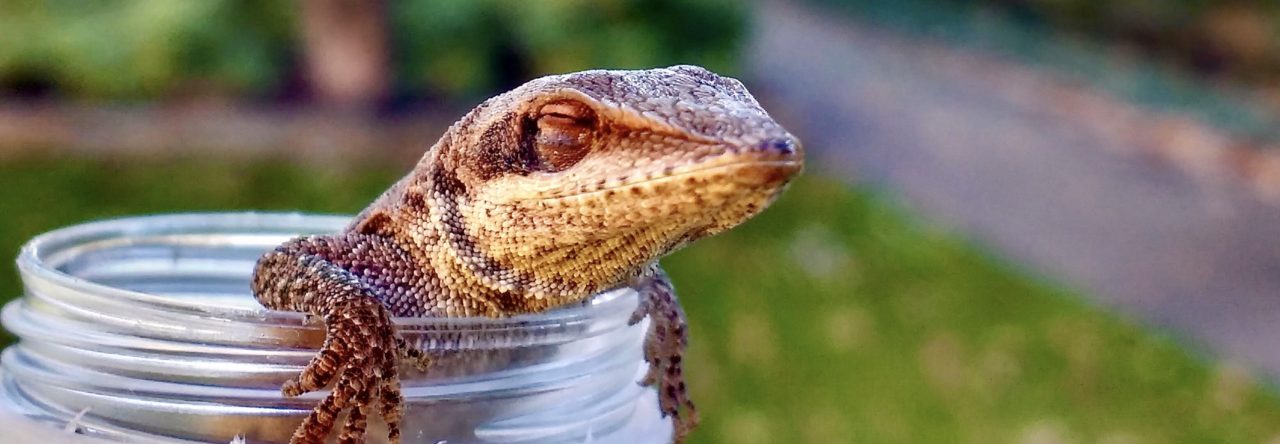At last we’ve found a place in the Caribbean that Anolis sagrei hasn’t invaded: Cuba! Because, of course, A. sagrei is native there, as well as 63 other species of anoles. In fact, there are no introduced anoles on Cuba, which is quite unusual. There are, however, a number of other herps that have invaded there, as a recent paper in Herpetological Conservation and Biology by Borroto-Páez discusses. Here’s the abstract:
The number of introductions and resulting established populations of amphibians and reptiles in Caribbean islands is alarming. Through an extensive review of information on Cuban herpetofauna, including protected area management plans, we present the first comprehensive inventory of introduced amphibians and reptiles in the Cuban archipelago. We classify species as Invasive, Established Non-invasive, Not Established, and Transported. We document the arrival of 26 species, five amphibians and 21 reptiles, in more than 35 different introduction events. Of the 26 species, we identify 11 species (42.3%), one amphibian and 10 reptiles, as established, with nine of them being invasive: Lithobates catesbeianus, Caiman crocodilus, Hemidactylus mabouia, H. angulatus, H. frenatus, Gonatodes albogularis, Sphaerodactylus argus, Gymnophthalmus underwoodi, and Indotyphlops braminus. We present the introduced range of each of the 26 species in the Cuban archipelago as well as the other Caribbean islands and document historical records, the population sources, dispersal pathways, introduction events, current status of distribution, and impacts. We compare the situation of introduced herpetofauna in Cuba with that in other Caribbean islands. We also document impacts, areas of missing information, and possible directions for future research. The paper contributes a systematic review as well as new knowledge for national and international agencies and databases. This information is critical for use in conservation, management, and eradication. Additionally, it alerts management authorities as to specific pathways of introduction for proactive action, which may be used to avoid potential introductions.
- Evolution in Real Time on Lizard Island - March 23, 2025
- Spider Snags Adult Anolis osa - March 22, 2025
- An Homage to the Green Anoles of New Orleans - March 21, 2025



Leave a Reply